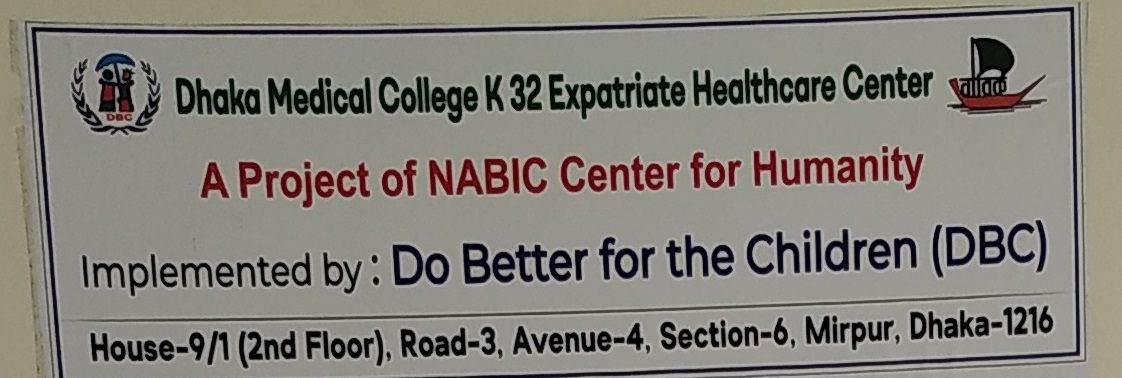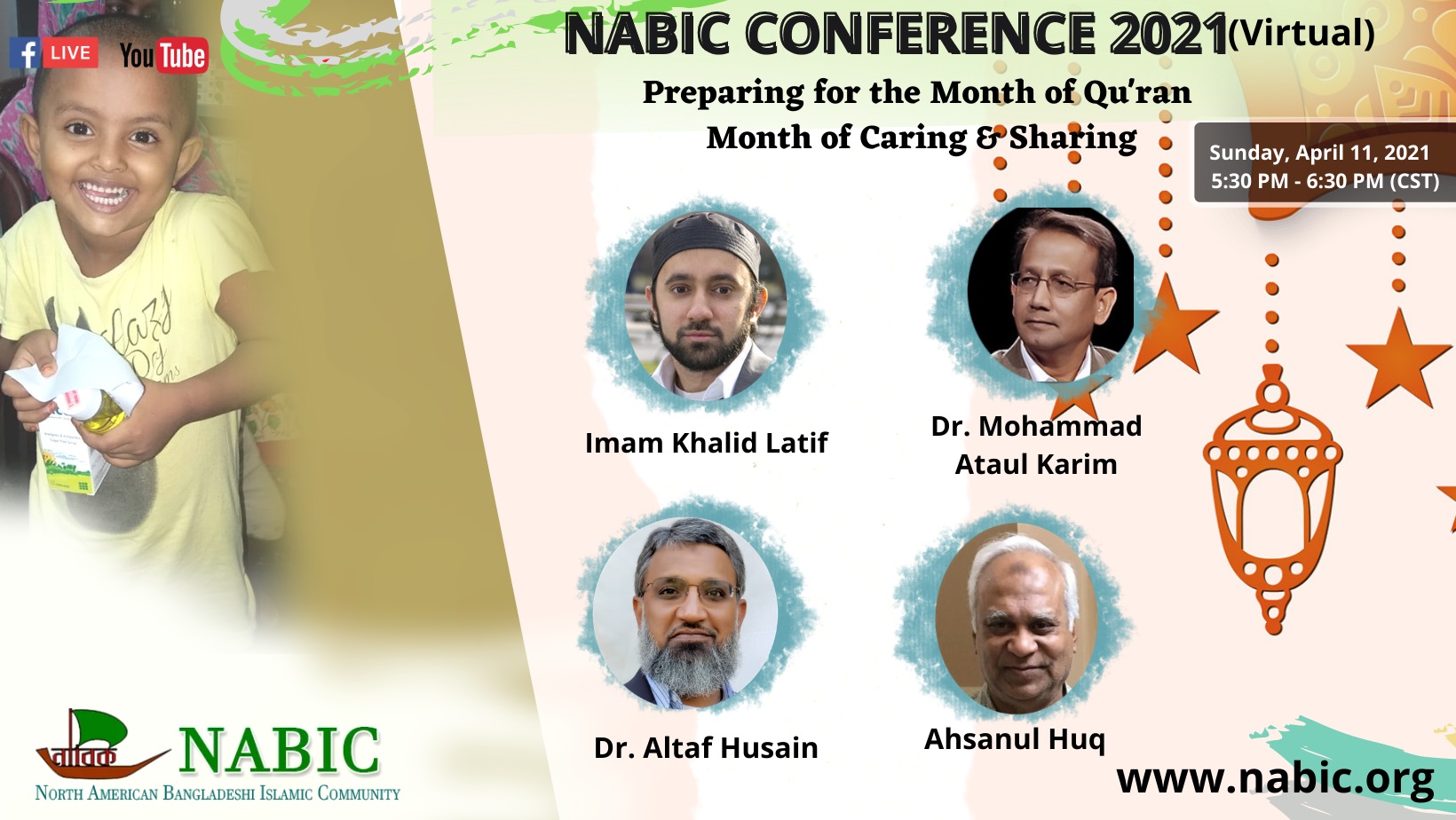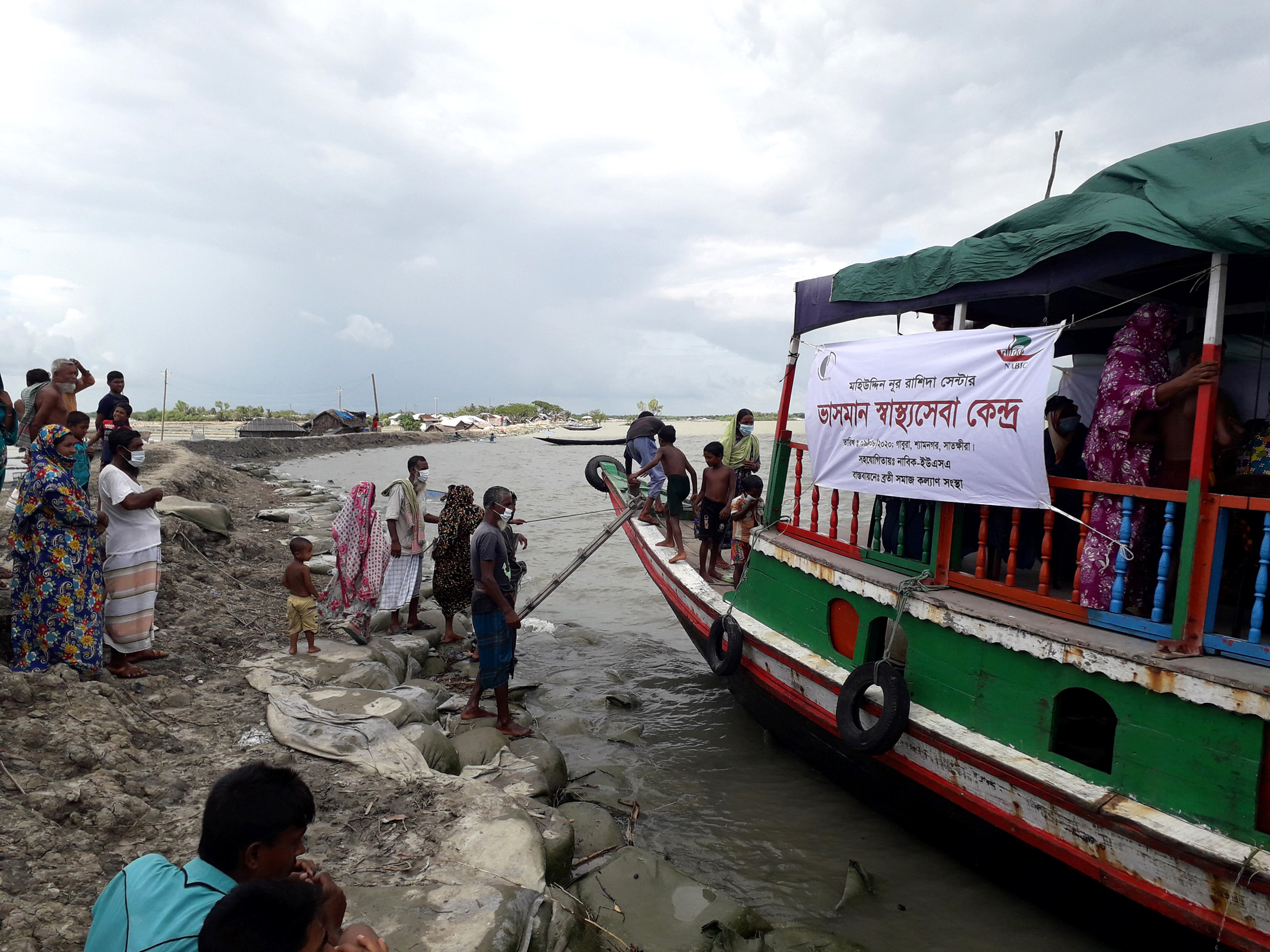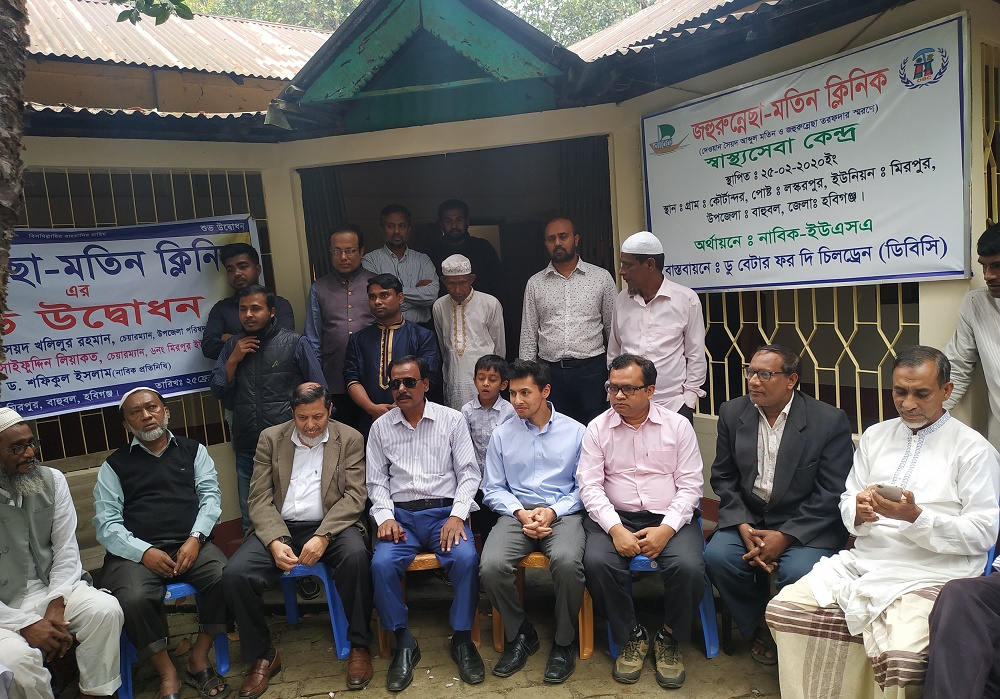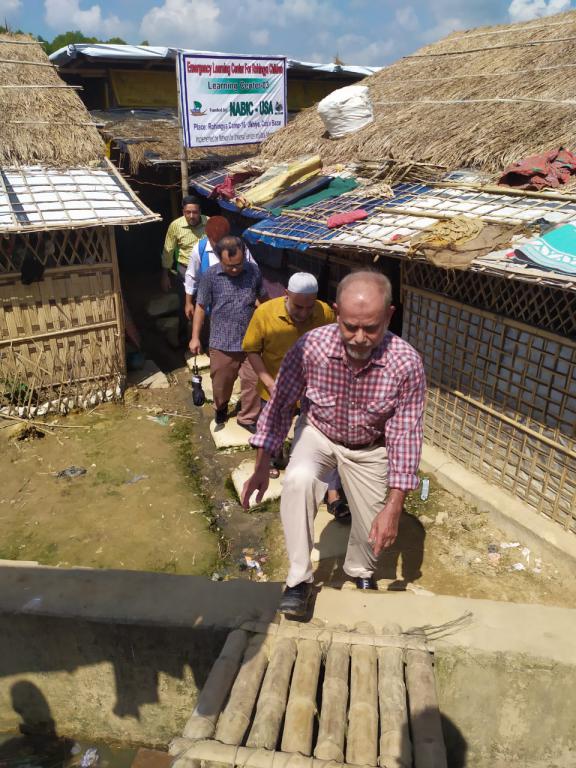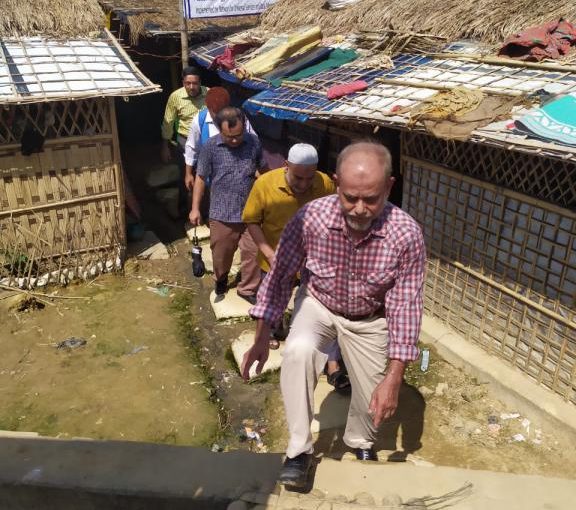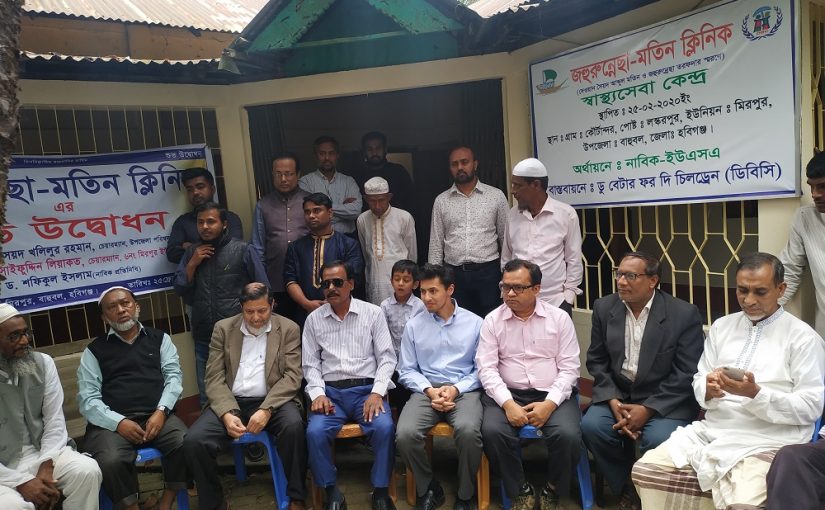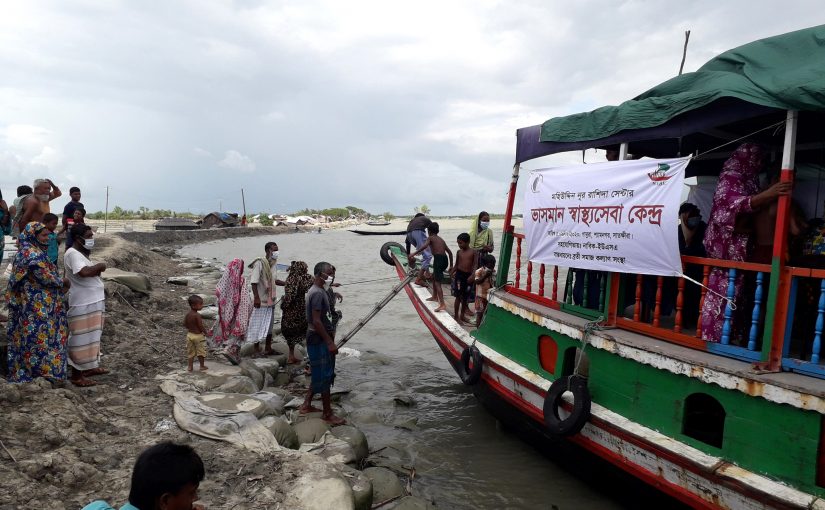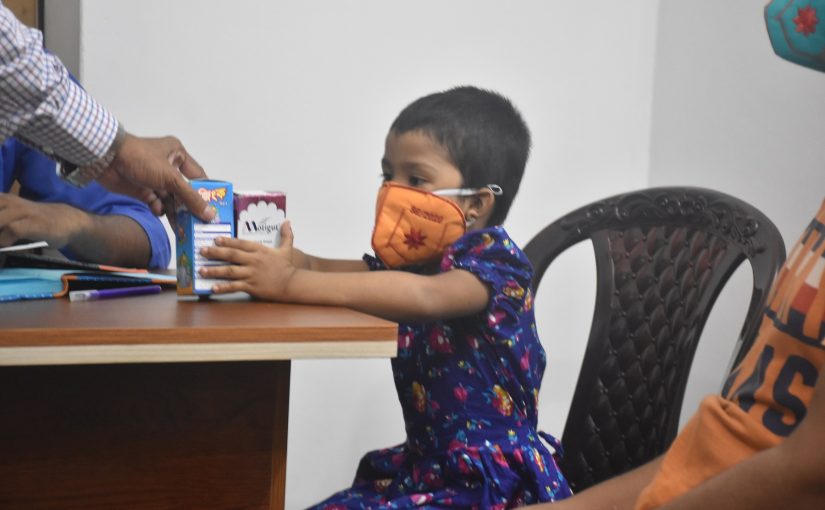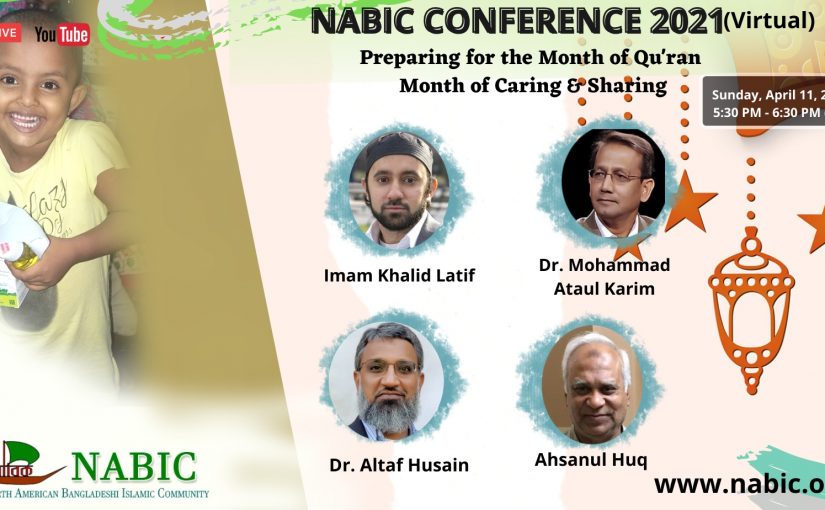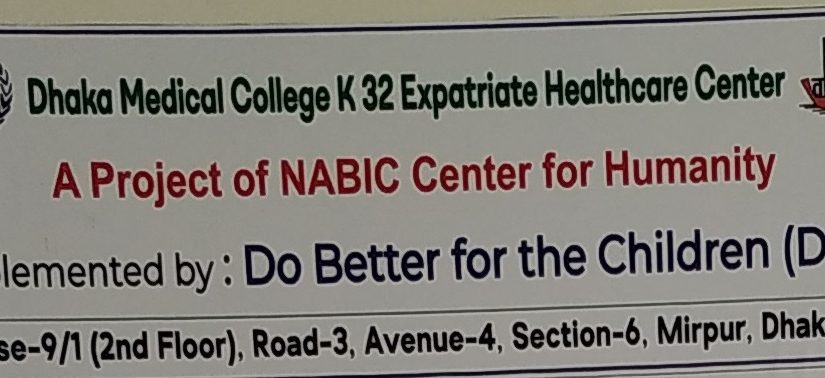NABIC has started its second urban charity clinic named “K32 Medical Clinic” next to the Chalantika & Ta block slums in Mirpur, Dhaka. Established on January 01, 2021, the goal is to provide a fully-funded medical clinic & training center. This free medical clinic is open 2 days/week, serving over 60 patients/day.
NABIC established this clinic in collaboration with Dhaka Medical College batch 32 expatriates to provide quality primary health care to the poor. This initiative aims to yield quick solutions to preventable diseases which can often be left untreated and as a result, cause a serious issues. Chronic diseases like diabetes and imbalanced blood pressure can be treated in initial stages and before they become deadly.
Chalantika & Ta block slums are two of the biggest slums located in the northwest part (under Mirpur Thana) of Dhaka, Bangladesh. The current living situation of the slums includes severe congestion of residents, unorganized planning conditions, inadequate accommodation, limited access to basic utilities as well as safe water and sanitation, lack of a proper waste management system, and poor air quality.


